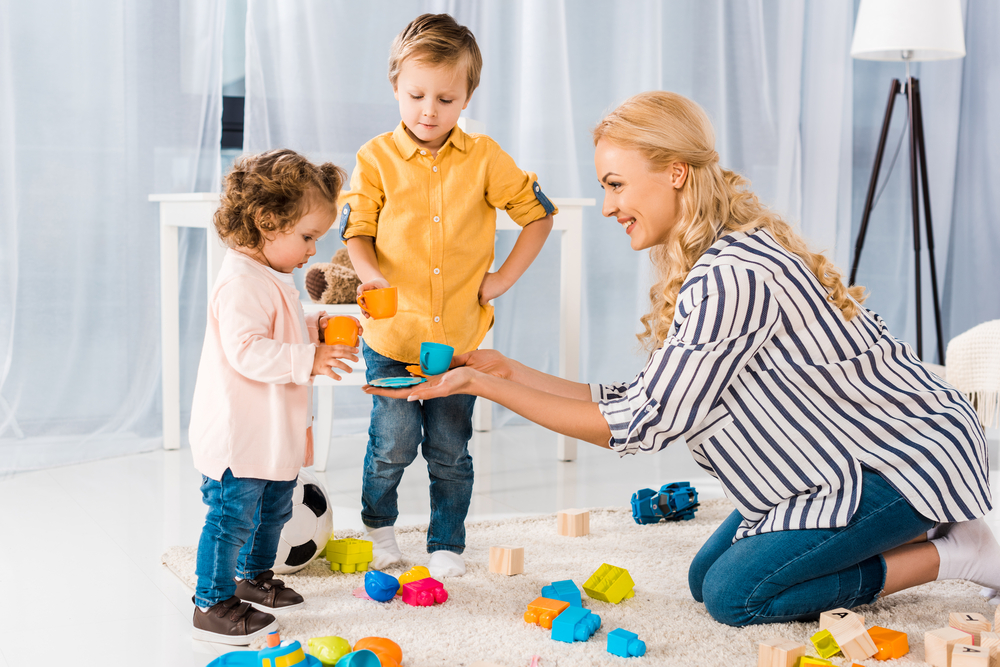
In the bustling world of B2B toy retail, where products often focus on entertainment and education, a hidden gem holds incredible potential: the ability to nurture emotional intelligence in children. Emotional intelligence, often called EQ, plays a crucial role in a child's development, impacting their social interactions, academic success, and overall well-being. As a B2B toy retailer, you can provide toys beyond entertainment, fostering young minds' emotional growth. Let's explore how toys can serve as catalysts for emotional learning, specifically focusing on empathy and emotional regulation.
Understanding Emotional Intelligence
Emotional intelligence encompasses the ability to recognize, understand, manage, and effectively use one's own emotions, as well as to comprehend and respond empathetically to the feelings of others. It comprises various skills, including self-awareness, self-regulation, empathy, social skills, and motivation. These skills collectively contribute to a child's ability to navigate the complexities of human interactions and build meaningful relationships.
Toys as Catalysts for Emotional Learning
Toys are not just playthings; they are tools for learning and development. When thoughtfully designed, toys can help children acquire essential life skills, including emotional intelligence. Here are some ways toys can facilitate the development of empathy and emotional regulation:
1. Empathy-Driven Play
Toys that encourage role-playing and imaginative scenarios allow children to step into different shoes and explore various perspectives. Dolls, action figures, and playsets enable kids to simulate real-life situations, helping them grasp the feelings and experiences of others. Through this play, children learn to identify emotions and respond with empathy.
2. Emotional Expression
Art supplies like crayons, markers, and clay allow children to express their emotions creatively. Artistic activities will enable them to convey feelings that might be difficult to communicate verbally. This emotional release contributes to a child's emotional regulation skills by teaching them healthy coping skills.
3. Problem-Solving and Cooperation
Building sets, puzzles, and board games require children to work together, negotiate, and solve problems as a team. These activities teach children to understand the emotions of their peers, collaborate effectively, and manage conflicts. They learn that different viewpoints can coexist and that compromise is valuable.
4. Storytelling and Books
Books are powerful tools for exploring emotions and situations from a safe distance. Storytelling sessions encourage discussions about characters' feelings and motivations, helping children relate to others' experiences. This practice deepens their understanding of emotions and the reasons behind them.
5. Sensory Play
Toys that engage multiple senses, such as squishy toys, textured objects, and scented materials, provide sensory experiences that help children recognize and process emotions. Sensory play has a calming effect, promoting emotional regulation and self-soothing.
6. Mindfulness Tools
Mindfulness tools like calming jars, stress balls, and guided meditation apps introduce children to techniques for managing stress and anxiety. These tools promote self-awareness, emotional regulation, and staying present amidst challenging emotions.
Incorporating these types of toys into your B2B product offerings showcases your commitment to child development - setting the stage for a generation that is emotionally intelligent, empathetic, and capable of managing their feelings effectively.
As a B2B toy retailer, you have the opportunity to be a partner in the journey of nurturing children's emotional intelligence. By curating a selection of toys that focus on empathy and emotional regulation, you contribute to the growth of emotionally balanced individuals who can navigate the complexities of human relationships with understanding and compassion. Remember, the toys you offer today can shape the emotional landscape of tomorrow.
